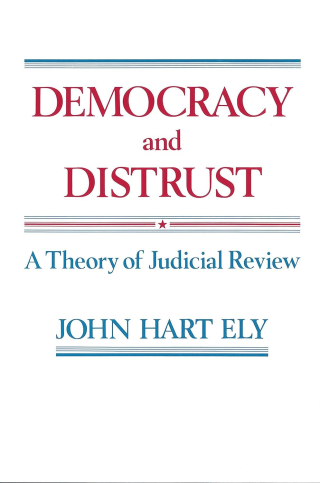A year after Dobbs v. Jackson Women’s Health, the Supreme Court decision that overturned Roe v. Wade, most commentary has painted it as the product of conservative excess. As the dissent and others have noted, the court’s reliance on originalism is arbitrary. The decision takes no notice of how abortion rights affect women’s liberties and equality. The breakdown of church-state separation that the decision represents is staggering, as is its undoing of any plausible division between politics and law. And Justice Alito’s use of history, which leads him to rely on pre-Enlightenment accounts of women’s worth, is blinkered at best.
Reading Dobbs in this way is appealing because it identifies a clear intellectual target and points to a straightforward political strategy, pitting liberal constitutionalism against conservative constitutionalism. But this simple interpretation misses the heart of the matter: The primary intellectual source of Alito’s opinion is not originalism but the legal scholar John Hart Ely, a self-professed liberal who taught at Yale, Stanford, and Miami, and who was one of the most cited constitutional law professors of the 20th century. Unlike Alito, Ely self-identified as neither a hardcore textualist nor an originalist. Upon his death, a glittering roster of mostly liberal legal elites—his colleagues—eulogized him as one of the rare figures who had transformed their legal imagination.
Yet it was Ely who argued, in a 1973 essay that Alito would later cite in Dobbs, that Roe was “not constitutional law at all” and “gave almost no sense of an obligation to try to be.” While the first citation in Dobbs is to Roe itself, the second is to Ely. By the third paragraph of the opinion, Alito is relying almost entirely on Ely’s contentions. Of the five factors the Dobbs court deploys in favor of overruling Roe—before even getting to its arguments based on originalism—at least four, and in particular the first two, rest primarily on Ely. Any assessment of Dobbs, and the increasingly conservative tilt of the court more generally, must therefore reckon with the legacy of Ely’s critique of Roe, and the opportunities for American constitutionalism it helped foreclose.
Ely attained his stature largely because many understood his magnum opus, Democracy and Distrust, as solving a central problem in constitutional law in the late 1970s and early ’80s: how to protect minority rights without engaging in judicial overreach. Democracy and Distrust is usually cited for its discussion of how judicial minimalism—the idea that judges should only interpret the law, while legislatures should make it—might be made compatible with the Constitution’s use of broad, sometimes imprecise language to protect rights. The book is part of a canon of legal theory that prides itself on being content-neutral.
